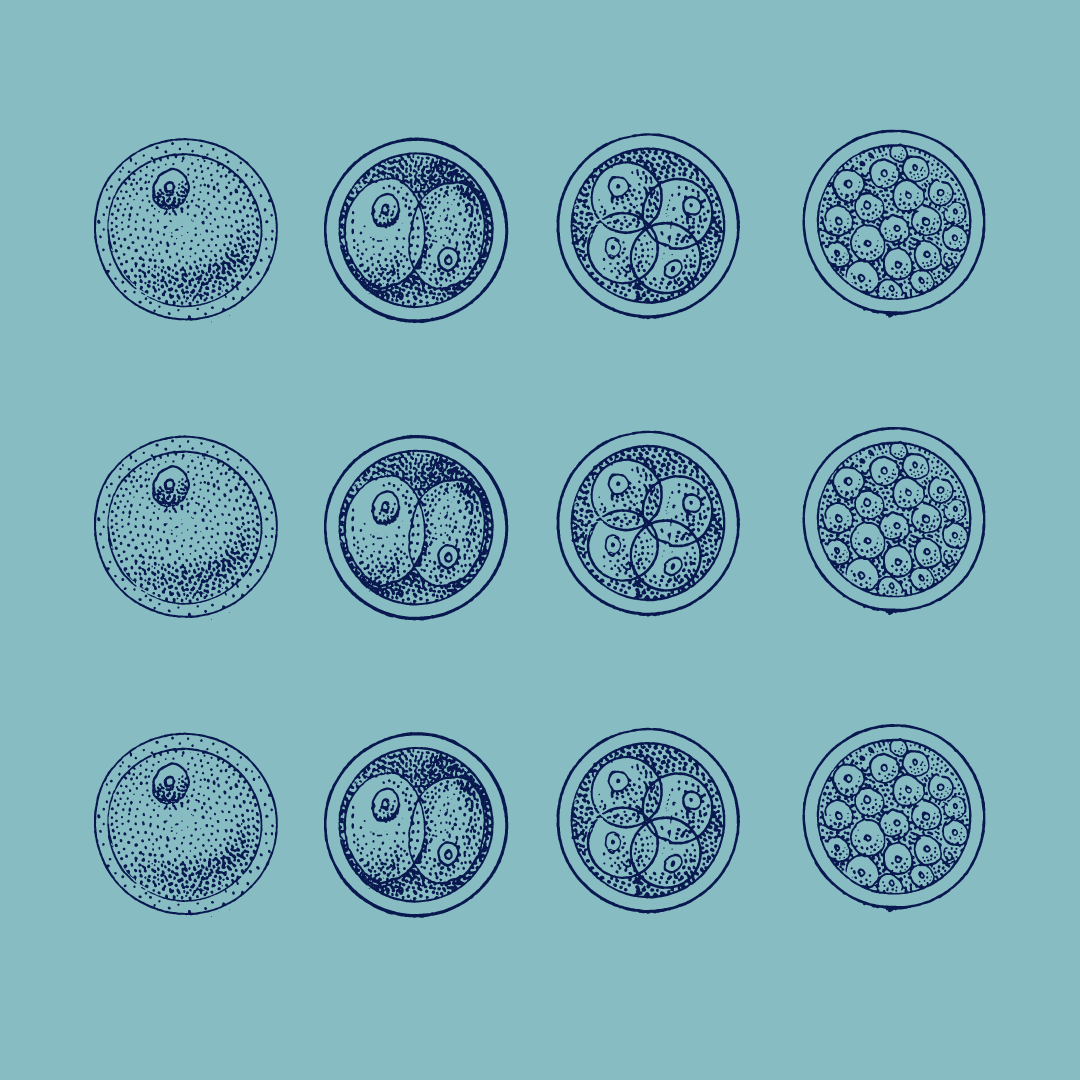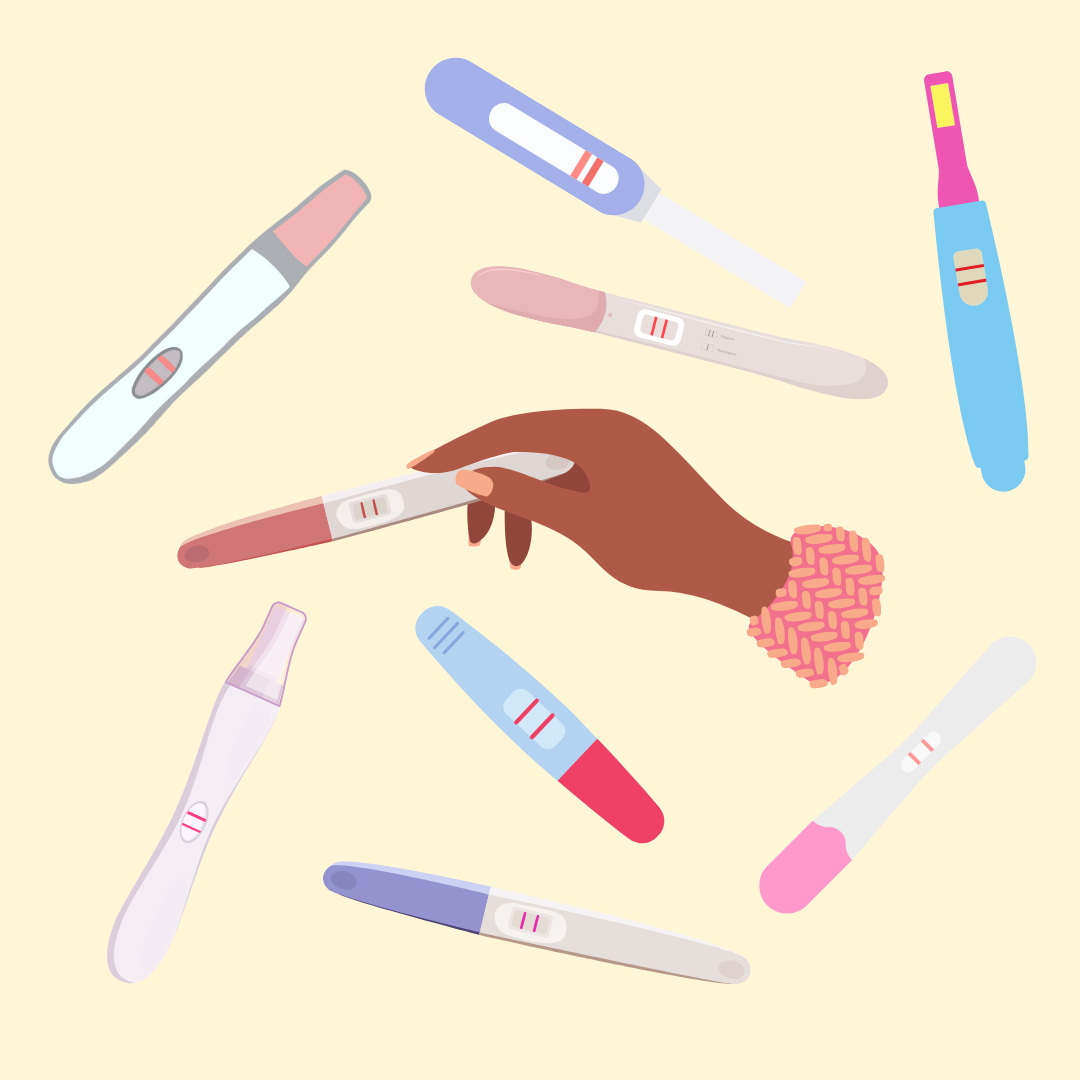Assisted Reproduction
Assisted reproductive technologies, like in vitro fertilization (IVF), are used to treat medical infertility and to help single and LGBTQI people form families. They have provided welcome opportunities for millions, but their significant safety risks are often downplayed or overlooked by the fertility industry. For example, egg retrieval for IVF relies on injections of powerful hormonal drugs which can cause ovarian hyperstimulation syndrome, a serious condition that can require hospitalization and in rare cases has resulted in death.
Regulation and oversight of the fertility sector varies widely among countries and sometimes within them (as in the U.S.). The same is true of costs. Together, these differences encourage “cross-border reproductive care,” especially for surrogacy arrangements. Yet weak or laxly enforced policies can harm all parties – intended parents, children, egg providers, and surrogates. Power imbalances among these parties increase the potential for exploitation.
Aggregated News
TORONTO — Women who become pregnant using fertility treatments — particularly in-vitro fertilization — have a slightly higher risk of...
Aggregated News









